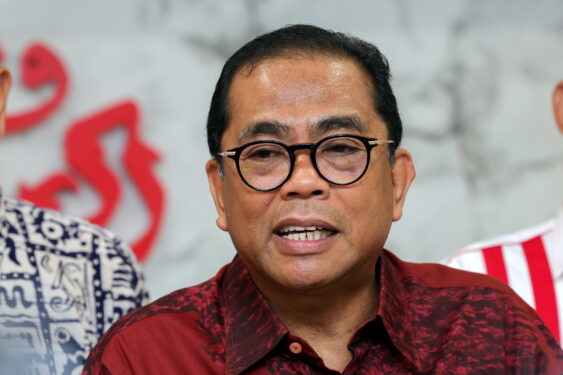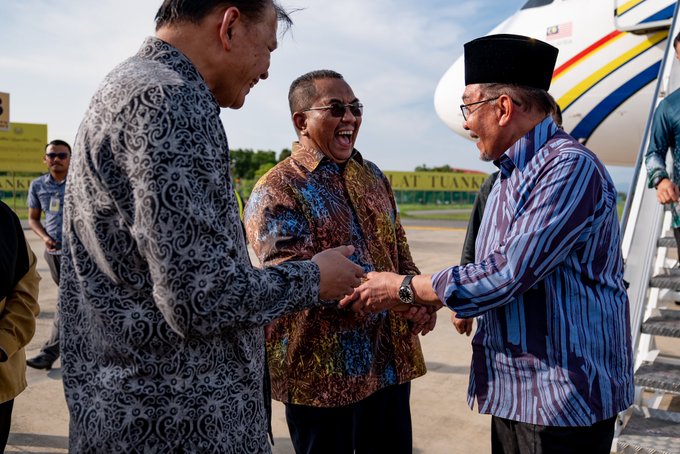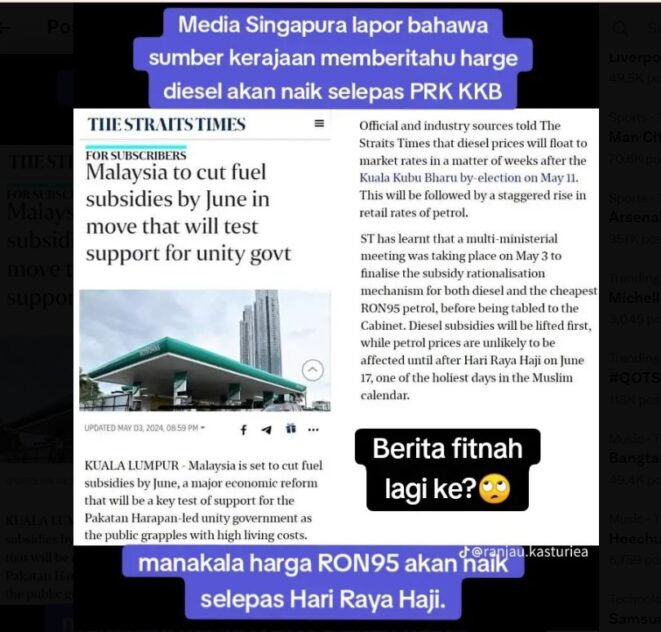By Emmanuel Samarathisa
THE Federal Land Development Authority (Felda) of the past and that of the present seem to be distinct entities from two separate worlds.
The agency was set up on July 6, 1956, with a single purpose: to alleviate poverty. Naturally, the early years were fraught with difficulties – there was no blueprint to follow. “We had to devise our own programmes. And we had to revise as we went along,” former Felda chairman Raja Tan Sri Muhammad Alias Raja Muhammad Ali tells FocusM.
Raja Alias is known, in the words of his biographer Rokiah Talib, as the architect of Felda. He joined the agency in 1966 as deputy chairman at 34 years old. Despite his young age, Raja Alias had already crafted a sterling reputation in the civil service which he joined in 1958. Slightly more than a decade later, in 1979, he was promoted to chairman and led the agency for 22 years before retiring on June 6, 2001.
Under Raja Alias and his team, with the guidance of the then prime minister Tun Abdul Razak Hussein, Felda had a razor-sharp focus to provide some form of upward social mobility among poor Malaysians, especially the bumiputera. And despite the trial-and-error approach of the early days, the agency had been heralded as a success story.
In 1988, the World Bank praised Felda as one of the most successful land development agencies in the world. “It wasn’t easy. We had to move very fast. And we had to move together,” Raja Alias says.
Indeed, upon retirement, Raja Alias handed over a self-sustaining agency to his predecessors. By then, Felda successfully paid its World Bank loan of US$52 mil for the first 23 schemes in Jengka, Pahang. He also devised a shareholding structure for Felda where 51% was acquired by Koperasi Permodalan Felda Malaysia Bhd, which consisted solely of settlers and staff. The remaining 49% was held by Felda. “I was aiming for financial independence for Felda so that one day they do not have to depend on the government for financial support. That was the idea,” Raja Alias says.
But what came after Raja Alias’ retirement seems to have unravelled the good work he and his team did. Felda became mired in scandals. Abuse of power, corruption and patronage were the main themes. The Pakatan Harapan government estimates that Felda is now RM8.05 bil deep in debt with a cash balance of RM100 mil as at end-2018, a pathetic sum.
One can only wonder what Raja Alias is thinking when he witnesses the decay of the agency he dedicated most of his life and career towards. But the 87-year-old remains hopeful. “It might have veered off course but it is never too late to get itself back on the right track,” he says. Excerpts of this wide-ranging interview below:
Let’s start with growing up. Your father was a civil servant. How did that influence your life choices, especially career-wise?
My father, Tengku Mohd Ali, began his career as a settlement officer in Jasin and Alor Gajah in Melaka and later became the penghulu for the mukim of Kepis, Pilah and finally Terachi in Negeri Sembilan. He worked closely with the village folks, trying all the time to understand their needs and wants. He was always available to offer advice and assistance when needed. Our house was always open for their visits, whatever the time. He was always on the ground in the kampungs, listening to their views and keeping in touch.
As a young boy back then, I was very much aware of his duties and responsibilities which required him to be of service to the people in the mukim. On many occasions, I had the opportunity to listen to the grievances brought forward by the villagers and observed up close how he went about resolving their issues. I often had to deliver papers and messages to the village chiefs.
I was exposed to the problems of the poor in the mukim from an early age and somehow, I must have internalised some of the values of concern, sense of service, dedication and sincerity as displayed by my father. The desire to work with them thus developed and hence the wish to join the civil service. My early ambition was to be a district officer. Upon graduation in 1958, I joined the Malayan Civil Service as an administrative officer and was posted to Selangor. I realised my childhood ambition two years later when I was assigned to Ulu Langat as the district officer.
What were some of the timeless values you picked up from your parents?
Father was a disciplinarian with two main areas of focus – punctuality and honesty. His constant point of guidance was that we should not take anything that does not belong to us. Additionally, he wanted us to be humble and respectful and also open-minded. He subscribed to three daily newspapers – two English and one Malay – and in that way, we kept ourselves abreast of issues and developments in the country and abroad.
Basically, he embraced a philosophy of being clean in thought, word and deed since his days as a Boy Scout, and I too followed suit. I learned to be self-reliant, to not depend on others and to chart my own course. Although he was always around to provide guidance, the decision of what to do was always mine.
Mother, Wan Su, was a very hardworking lady who brought up nine children on a limited budget. She did extremely well as she was a good planner and strategist and was very methodical and persistent. I learnt from her the desire to succeed in life on my own terms, to avoid asking for help but be ready within our capability and limitations, to assist people in need and finally to always be caring and at the same time humble.
Why join the civil service? Money could be made elsewhere.
When I graduated from university (with a geography degree), there were not many job opportunities available. The Malayan Civil Service (MCS) was the premier source for employment. All graduates aspired to join the MCS. I was at that time invited to join Shell. I did not accept.
When studying, I was offered government scholarships at the secondary school level and at university. I was essentially a government “adopted child”. I was grateful to the government for that and I thought I should, in return, offer my service to the government. Moreover, I had worked with the village folks before when assisting my father, and I felt happy to be able to work and assist in that capacity. I have never regretted that decision to join the civil service. – Jan 2, 2020
Read Part 2 of FocusM’s interview with Raja Alias










